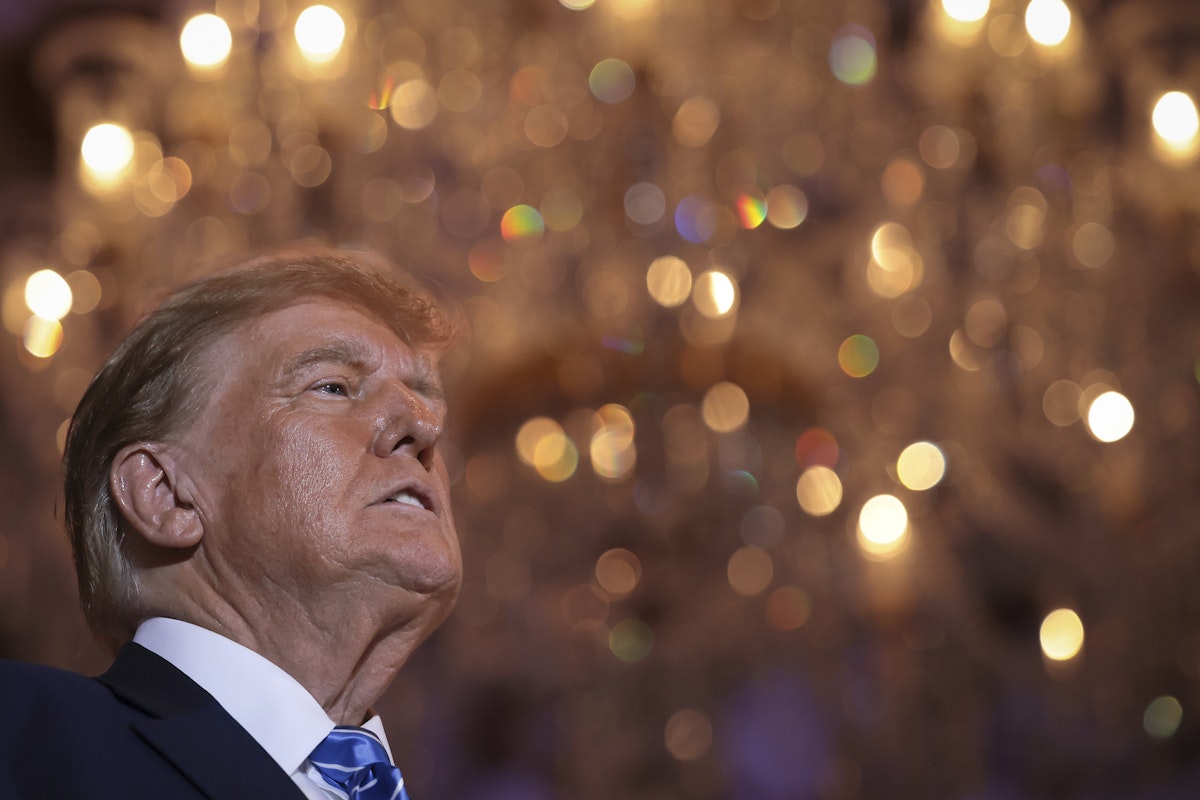
One of the surprises in Trump’s court filing Monday was that Chubb, after foolishly bonding Trump $91 million for his appeal in the E. Jean Carroll case, then spent a few days trying to put together a second deal to bond Trump $454 billion for his appeal in the New York fraud case. In the end Chubb said no, but Trump’s filing said Chubb “was the only surety willing to even consider accepting real estate as collateral.” As I observed yesterday, we may spend the rest of 2024 trying to figure out why Chubb is so keen to throw money at Donald Trump. It can’t think doing so makes any business sense. (According to MSNBC’s Lisa Rubin and Gary Grumbach, Chubb used a Schwab brokerage account as collateral for the $91 million bond, which makes that transaction less insane—but only slightly so, because Trump will still fight tooth and nail, possibly from the Oval Office, to bar Chubb from collecting.)
As I’ve written before, the end of this road is, I believe, personal bankruptcy for Trump. A more immediate possibility is “bankruptcy for corporate entities implicated in the case,” according to Ben Protess, Maggie Haberman, and Kate Christobek in The New York Times. Trump declared business bankruptcy in the early 1990s with the Atlantic City Taj Mahal (now the Hard Rock Hotel), Trump Castle (now the Golden Nugget), and Trump Plaza. None of these remained Trump properties, and the Trump Plaza was demolished in 2021.
A better option, Bloomberg’s Erik Larson suggests, is a quick sale of Trump’s share in two office buildings that are majority-owned by Vornado Realty Trust. These are 555 California Ave. in San Francisco and 1290 Sixth Ave. in New York. According to Larson, these could fetch him a quick $625 million. But Vornado would pay as little as possible, not only because this would be a fire sale, but also because if it paid even a whisker above market price it might stand accused of making an undeclared campaign contribution.